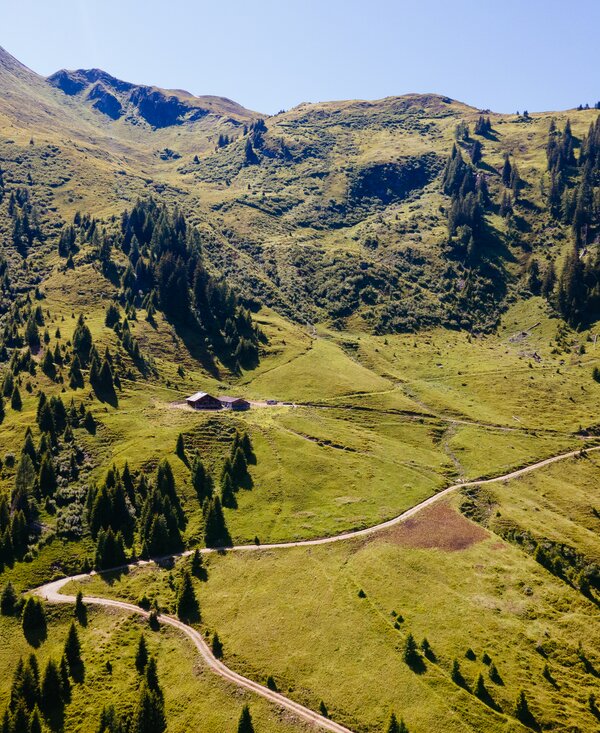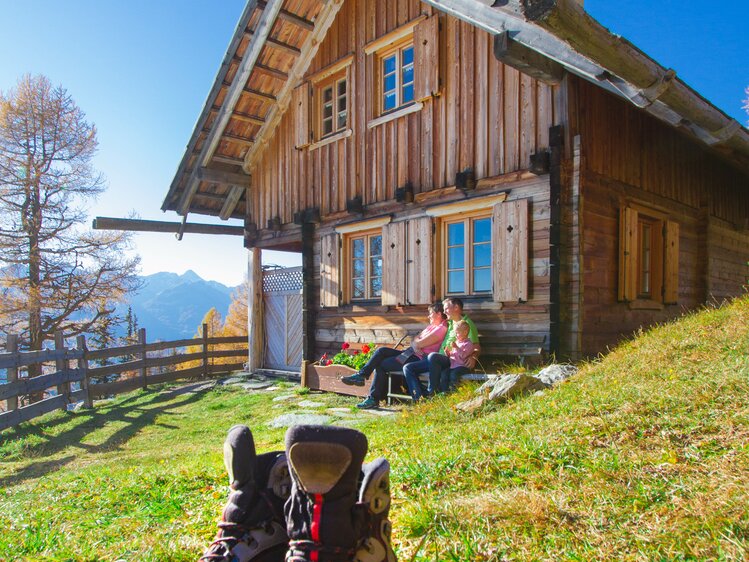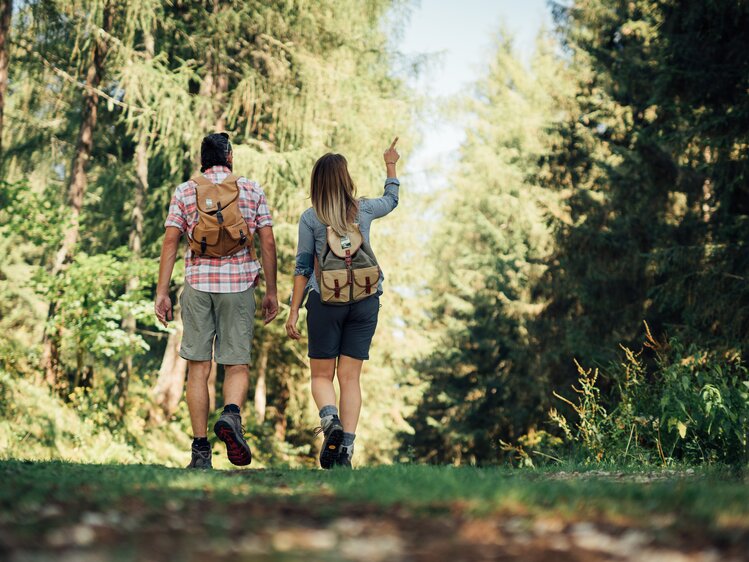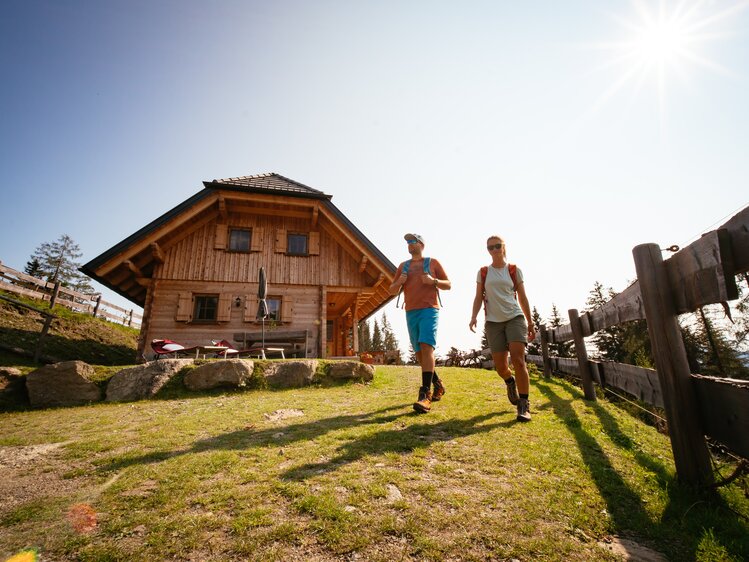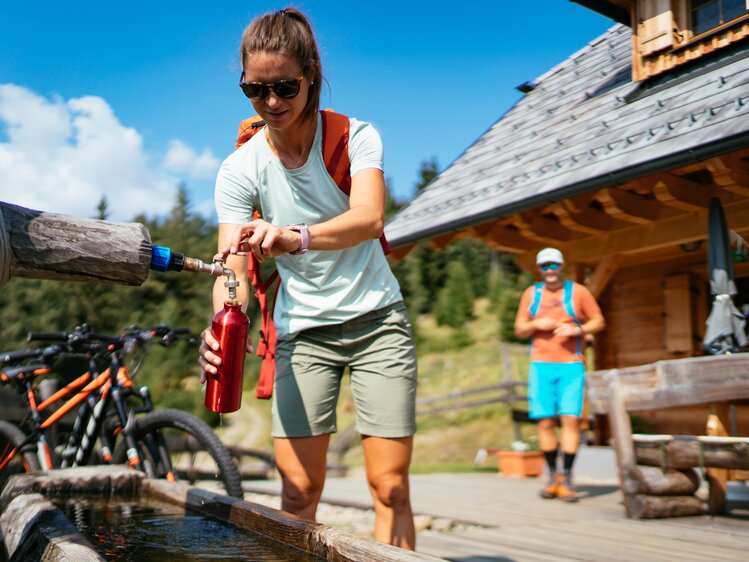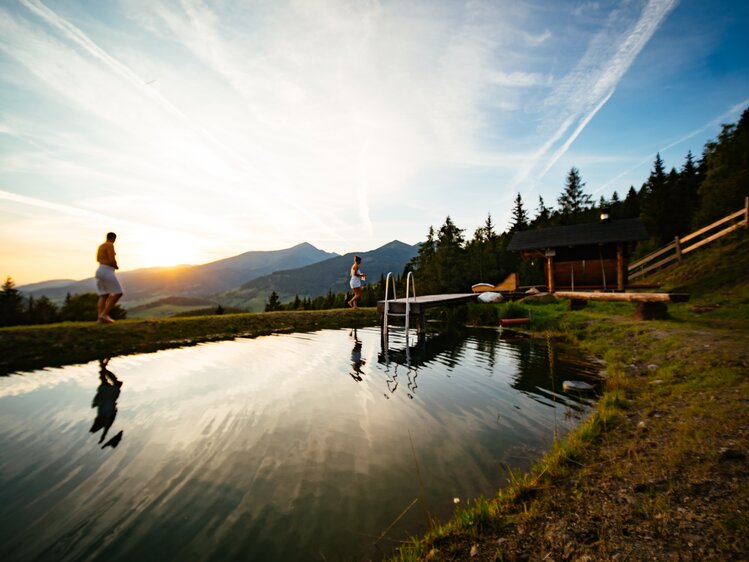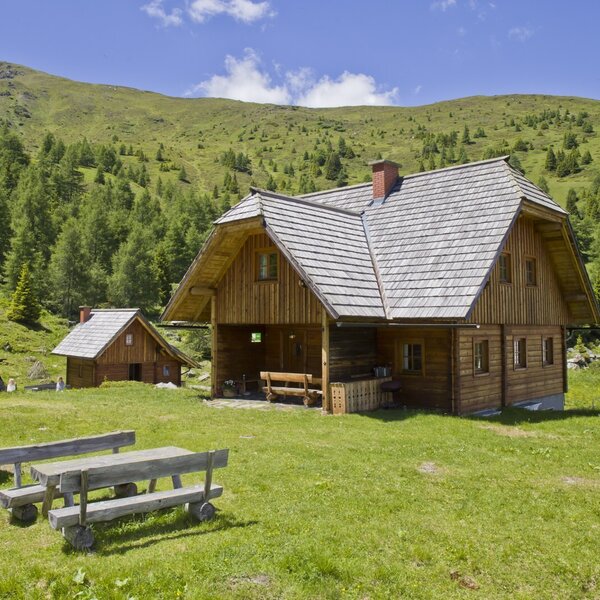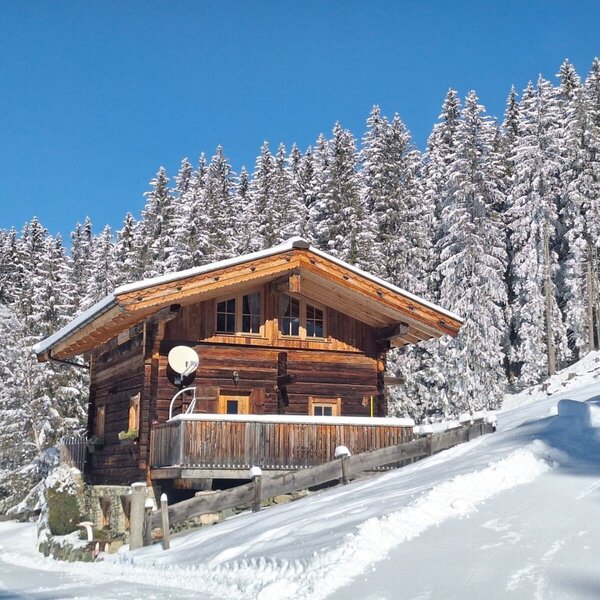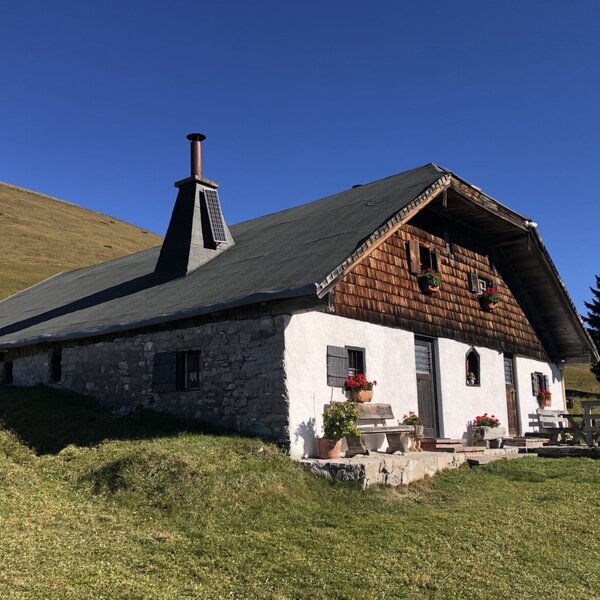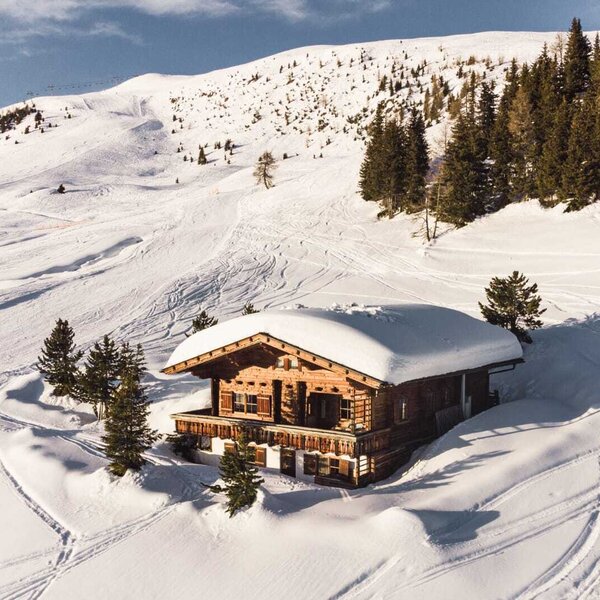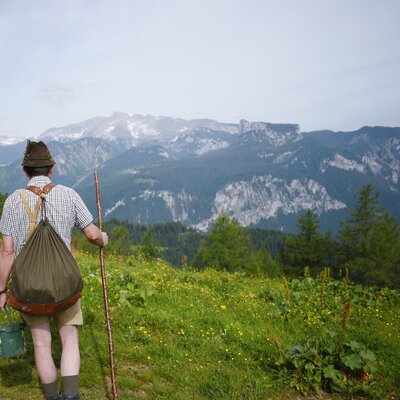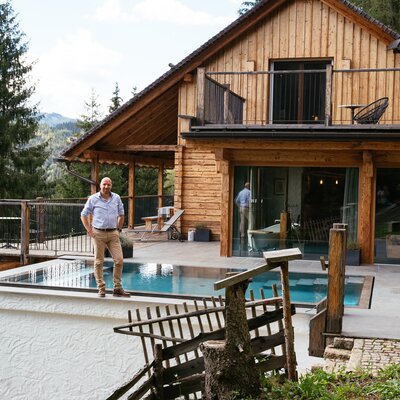Into the hiking boots
So put on your hiking boots, grab your poles, fill your rucksack with drinks, snacks and a weatherproof jacket, pack your sun cream and off you go. With every meter of altitude, your head becomes clearer, your thoughts clearer and your mood better, your empty batteries are recharged. A pleasant side effect: you feel lighter with every step and it's not just your imagination. A study by the University of Munich found that mountain air can even make you slim. Study leader Florian Lippl suspects that the mountain air curbs the appetite. During the study, 20 overweight men spent a week on the Zugspitze. Although they did not exercise or follow a diet, each participant lost 1.5 kilograms.
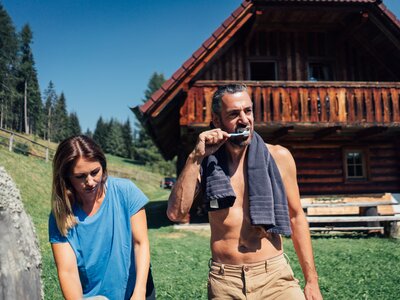
Lower risk of heart attack
More important, however, are the health effects that such a mountain vacation brings with it. The higher you climb, the lower the risk of a heart attack, according to a study by the University of Zurich. People who live at an altitude of around 1000 meters have a 22 percent lower risk of heart attack - regardless of their physical training and lifestyle. The University of Cologne came to a similar conclusion. Pulse rate and blood pressure decrease at altitude. This protects the cardiovascular system better. Heart patients would still benefit from the positive effect of mountain air eight months after their stay in the mountains.
Recovery effects are proven
The AMAS altitude study 2000 (Austrian Moderate Altitude Study) caused quite a stir 23 years ago. It was the first comprehensive scientific proof of the health benefits of a mountain vacation. The findings have not changed to this day. It is still the case that spending time at moderate altitudes has a positive effect on blood count, oxygen transport, blood sugar and blood lipid metabolism, pulse rate, weight and mental health.
Until the study was published, there was no comprehensive answer to the question of the causes of the recovery effects. However, the research team led by Vorarlberg University Professor Egon Humpeler uncovered striking results and clear trends.
22 overweight men
In a three-week pilot study, 22 male test subjects between the ages of 39 and 65, who suffered from lifestyle diseases such as diabetes, high blood pressure and obesity, were sent on a mountain vacation in Tyrol. There, between 1400 and 2000 meters above sea level, they went for walks, easy hikes and ate a normal diet. Up to 200 parameters were measured before, during and after the high-altitude stay. The most striking results: Blood pressure and pulse rate decreased, and some test subjects were even able to stop taking their blood pressure-lowering medication. Blood sugar and blood lipid levels improved, young red blood cells, which transport oxygen better, increased significantly, negative moods decreased, mood improved noticeably and weight and body fat mass melted - on average by two kilograms.
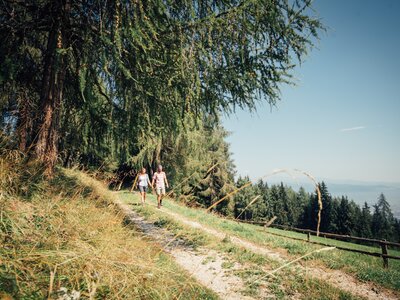
Mobilization of forces
So what is the secret of the recreational value of a mountain vacation? According to the experts, it lies in the mobilization and economization of energy by the human organism. This registers the low partial pressure of oxygen (mild hypoxia) at altitudes between 1400 and 2000 meters and cranks up the activities, only to then throttle them back. Humpeler compares the process to an engine: "First it revs up to reach full power, at the end of a stay at altitude it runs more smoothly, at a lower speed. It delivers the same, if not better, performance."
This "fountain of youth effect" is purely altitude-related. The altitude therefore mobilizes physical reserves and simply being at altitude has a training effect. This mobilization of physical activity is an additional bonus that makes up the recreational value.
Elisabeth Tschernitz-Berger
www.gedankenschmiede.at, 14 Article(s)
